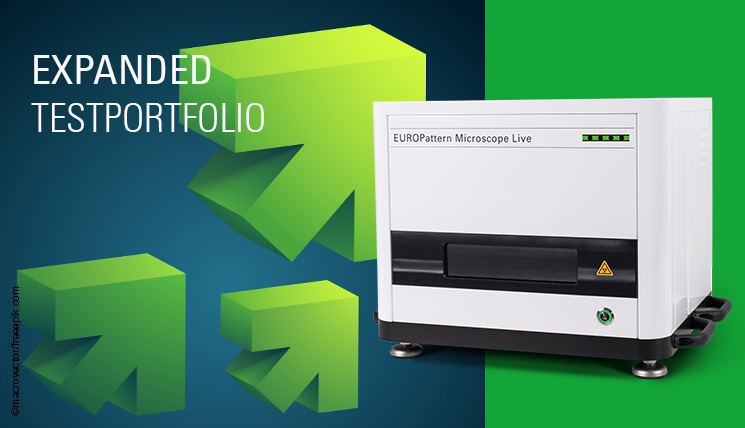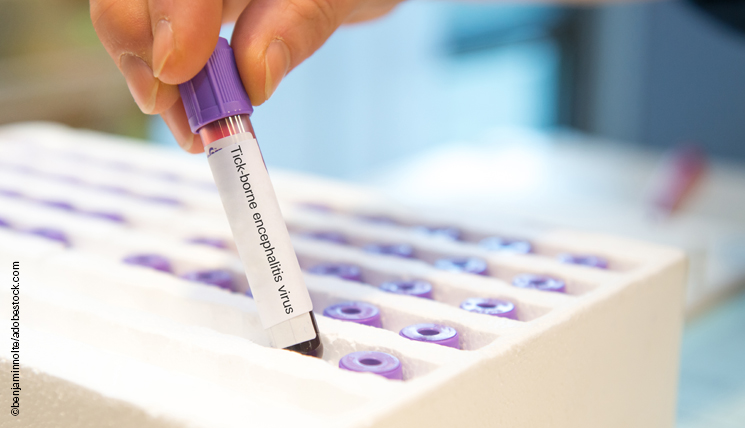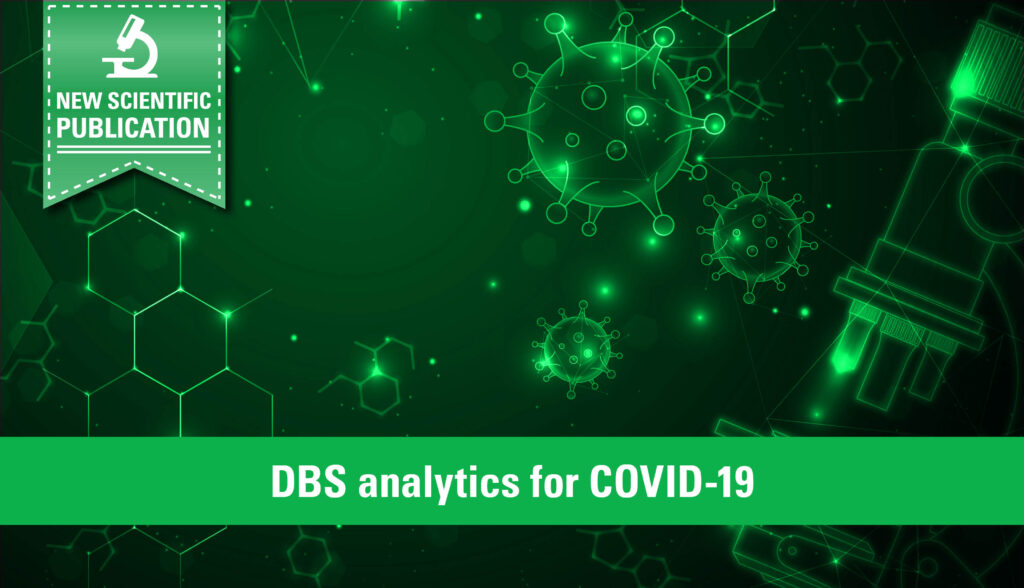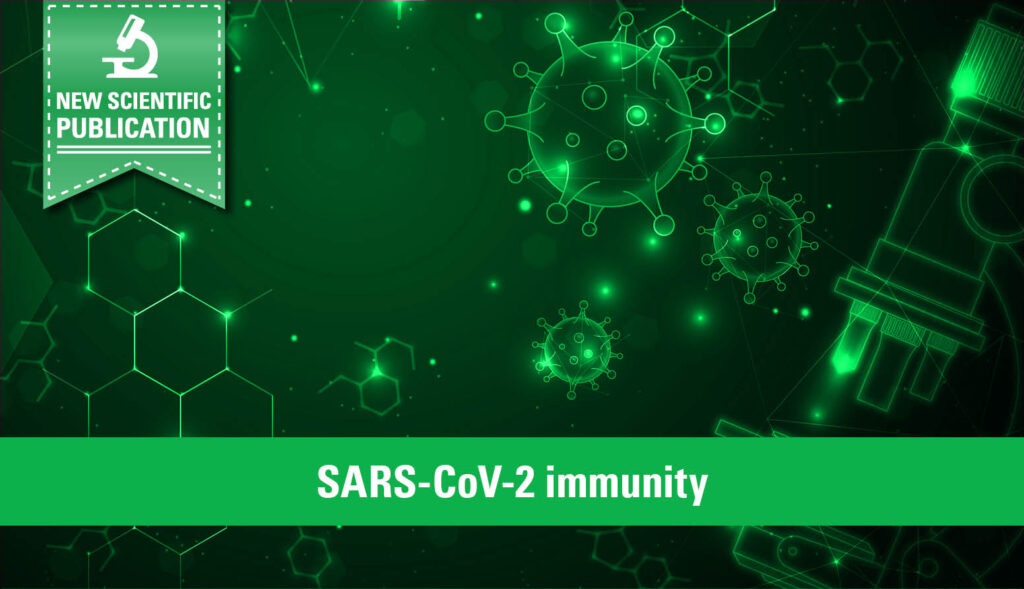Ultrafast immunofluorescence microscopy – now with 89 new products for autoimmune and infection diagnostics
Our main goal is to offer our customers not only a broad range of assays, but also a flexible choice of automation solutions. Therefore, this year, we have provided proofs of compatibility for a total of 89 indirect immunofluorescence tests (IIFT) with the automated EUROPattern Microscope Live. Now, our fastest microscope can be used on […]




